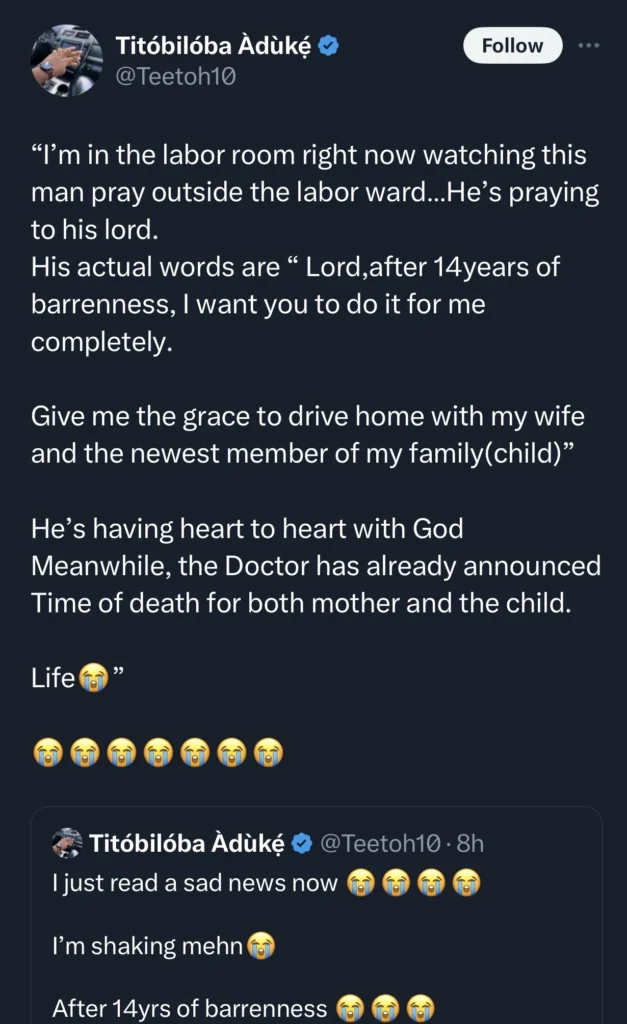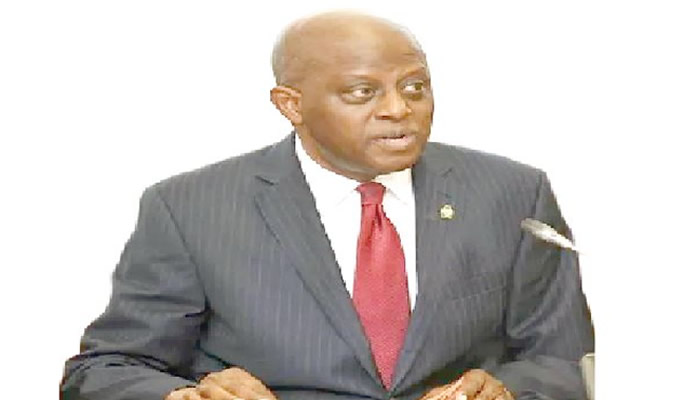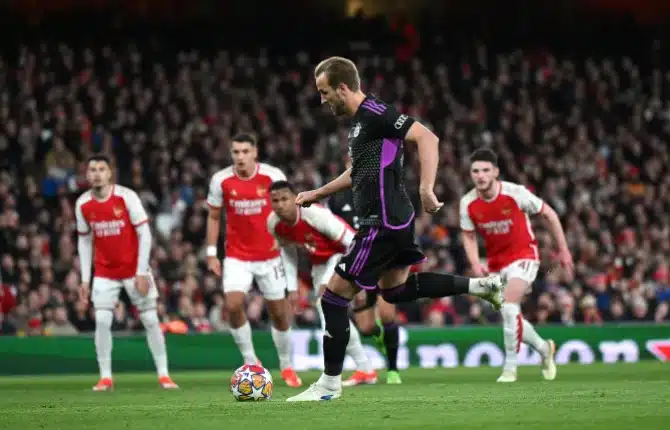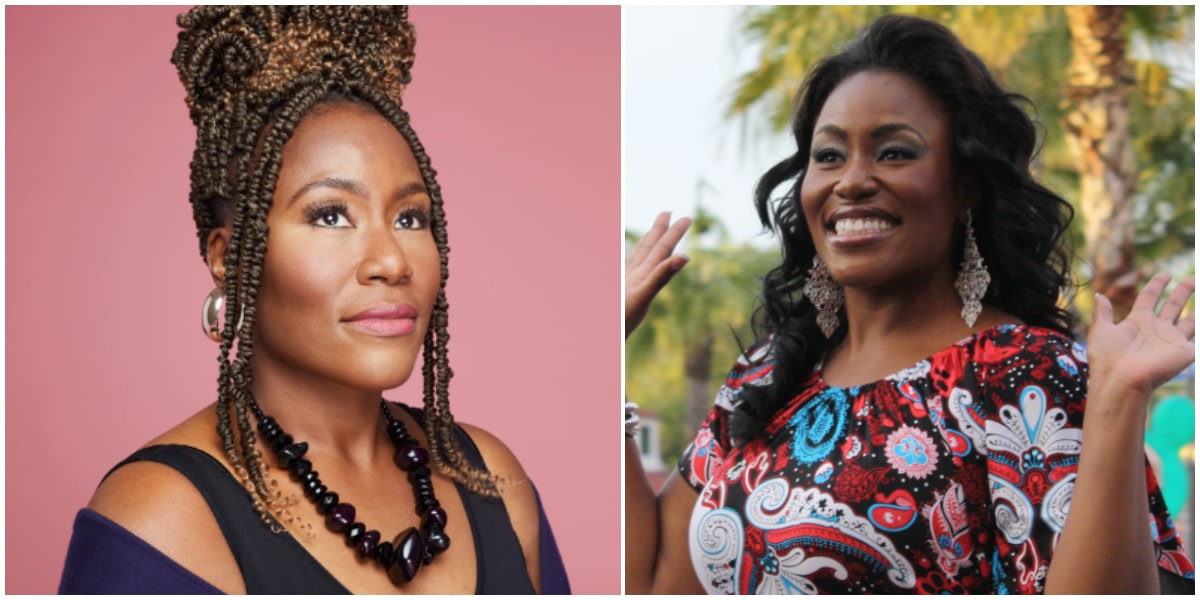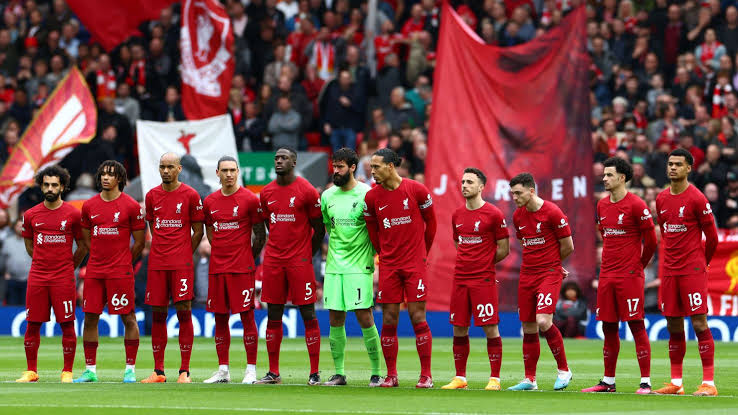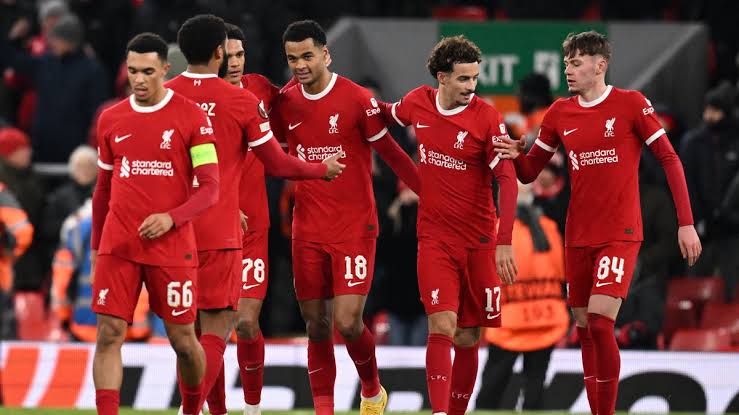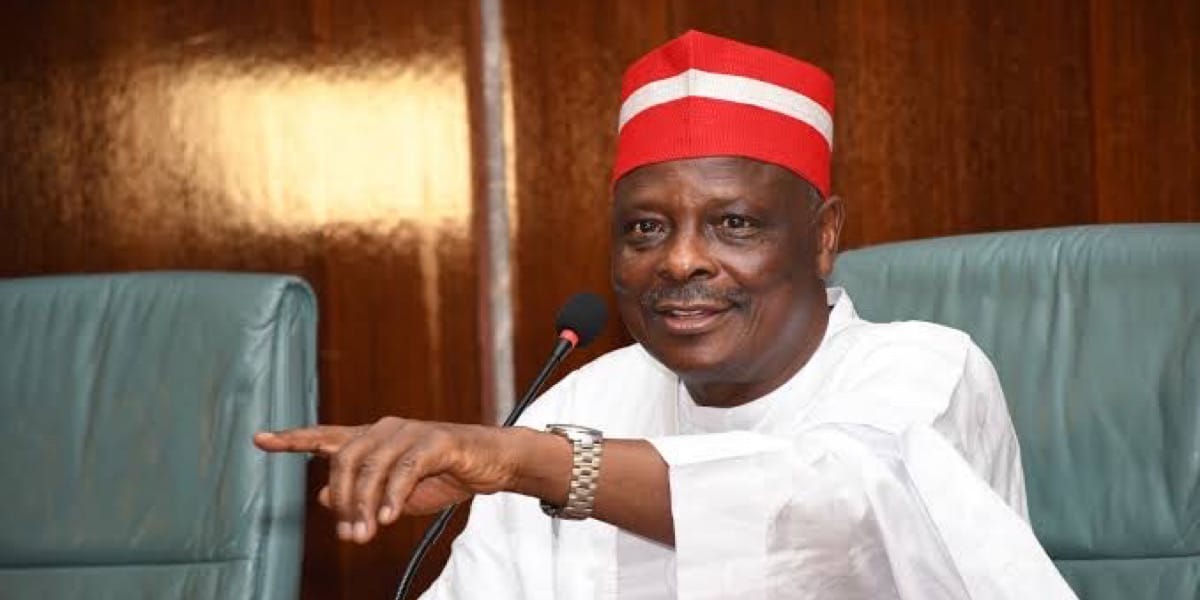The Governor of the Central Bank of Nigeria, Mr Yemi Cardoso, shares his vision on how he intends to shape Nigeria’s monetary policy, address FX issues, and tackle inflation in an interview with the International Monetary Fund African Department Director, Abebe Selassie, at the IMF/World Bank Spring Meetings in Washington DC, United States of America, held between April 11 and 20, 2024. GODFREY GEORGE brings excerpts
It has been a period of many challenges and huge important reforms in the monetary area in Nigeria. You inherited tightly managed and overvalued exchange rates and have made some really bold decisions to end the issue of multiple FX rates that you had. How did you approach the sequencing of reforms and what gave you much concern?
That is quite a jam-packed question but I will try to unpack it as best as I can. I would say that with respect to Nigeria and the sequencing of events and reforms, I think in terms of context, it is clear, for those who don’t know, that I came in at a time of very very great difficulty for the Central Bank and monetary authorities. Of course, inflation was high and the exchange rate was under tremendous stress. There was a crisis of confidence. In such a situation, the biggest challenge, as far as I can see, was that of trust and deficit in trust. People simply had the impression that things were bad. There was fear and somehow they did not see any end in sight to what seemed like a gloomy situation. So, it was very important to understand that, and in terms of sequencing, do whatever was possible by taking the necessary steps to begin the process of building back trust, and that is not something that happens overnight. I recall that when I went for the Senate hearings in Nigeria, one of the things I said at the time was that I recognised that there was a huge backlog at the time of about $7bn in forward transactions that had not been met, and which seemed to provide a lot of apprehension to Nigerians. I made a commitment to take care of them. How I was going to do that, I didn’t know. But, I thought it was very important to make that commitment there to build back the trust deficit that one was going into. And also, I had to reach out to various stakeholders, particularly, international investors. The first day I started as governor of the Central Bank of Nigeria, one of the first groups I dealt with was the international investors. They had been following activities and were very keen to know what was going on. I felt that there was a need to continue to have that kind of dialogue and use that as an opportunity to rebuild trust with people and various stakeholders.
Of course, the next thing in terms of sequencing was to make it abundantly clear that the era of interventions, which really hadn’t taken us anywhere, was over. I intended to go back to orthodox monetary policy. I think those were very important things to make very clear. I think that helped to set the stage for what came after. It was very important to continue to reemphasise those things in the process of building trust.
Communication was also very key, and it also has to be sequenced. I know that at the outset, there was concern that one was not saying enough. There was a strategy to that. I felt it was important to, at the outset, come out and say things you need to say when you need to say them. I remember that a particular forum – the Chartered Institute of Bankers – held yearly, I used that opportunity to communicate very strongly. That is a forum that the governors talk for around 15 minutes to 30 minutes. But, I took over an hour, but I made sure I got everything including giving forward guidance with respect to the banking sector and letting people know that we were going to have a recapitalisation exercise. This was in November and the guidelines didn’t come out until recently, so they had plenty of time to start thinking that through.
In terms of some of the issues that I was concerned about and how I approached them; there was a lot of worry with respect to excess money supply. One had to take bold measures with respect to mopping up liquidity and hiking interest rates. I know that at the first monetary policy committee meeting that we had, I did a 400 basis point increase, which was unprecedented, but we had to do it. We had to do it. We had no choice. We followed that up also with another 200 basis points. We had to do that also. We were convinced that we had to do whatever was necessary to ensure that prices and inflation were reduced. It is important to recognise that whatever policies we make that do not impact the man on the streets, we have not done anything.
How do you influence expectation – behaviour and price setting – to the man on the streets?
I think the answer to that is that one is also reasonable in expectation, knowing full well that all these things will not transform overnight. In actual fact, when we look at the situation of Nigeria, a lot of problems that have happened on the monetary side have taken place over a long period of time. I think continuous dialogue and communication are essential in letting people understand why we are doing certain things, and where we intend to get to, and continuously going back to reinforce what we have done. We have used the opportunity of the MPC to have a question and answer session which basically allows everyone to ask all the questions they want, and for us to reemphasise the certain measures we are taking and why we are doing that, and we would continue to do so. In actual fact, we will strengthen the communication mechanism that we have in place. We will certainly not take it for granted that people understand what we are doing and why we are doing them because it is quite a complex subject, to be honest, that even for those who are the most enlightened; they sometimes struggle. We can use different platforms to make sure we can reach out to as many as possible. I do think that what we have seen recently with regard to the exchange rate has given people hope. When I started, we had a situation where within a month or two, we were regarded as the worst-performing currency of any country. Six months later, we are judged to have the best-performing currency of any country. So, I think those things speak for themselves. A situation where in the recent past, the greatest amount of liquidity on a daily basis was in the region of $200m to $300m; in six months, we have traded over $1bn. FX liquidity has taken a centre stage in the activity of the monetary side, and I think people see that; they also see the exchange rate coming down and they understand that there is a lag. Ultimately, the objective is that we can moderate inflation.
There is a fairly sizeable fiscal policy that the Federal Government runs and the financing of that deficit has been a major source of pressure for the monetary policy. How is it that you are calibrating policies with the Minister of Finance, Wale Edun? Are you coordinating better with Wale on how the FG would be able to fund itself on a sustainable basis?
This is a very good question and one that comes up quite regularly. Let me be up front to say that the monetary policy is just one side of it. With the whole inflation-targeting objective that you spoke about earlier, we cannot do it without successfully collaborating with the fiscal side; it will not work. It is clear to us that we need to have a very good handshake with the fiscal side and a handshake that takes us in the direction that we want to go. We understand, of course, that, again, breaking that down, food inflation – we can use that as a good example – is something that is not within the purview of the monetary side. But, we definitely work and rub minds together, and recently, we had some fertilisers which had come out of the previous administration. We have pushed that to the Ministry of Agriculture to help them going into the next planting season with respect to meeting their overall objectives.
In the MPC, we have the presence of very senior leadership from the fiscal side as members of the MPC in the person of the Permanent Secretary of the Ministry of Finance, who is here today, and we always have very good and open dialogue on issues so we are able to hear the different sides of the situation. Beyond that, we have set up different committees that work hand-in-hand with respect to ensuring that we are on the same page with respect to taming inflation.
It is also commendable that the Ministry of Finance has begun that process of securitising the outstanding Ways and Means, and I think that is extremely commendable. I think it is less of an issue now, and we can work better together, bearing in mind that as we move towards inflation targeting, there has to be a strong partnership for it to be successful.
It strikes me that you have achieved quite a bit in six months. Stepping back a bit, as a policy maker, what are one or two lessons that you take over from your first six months in office?
Hmmm… I cannot overemphasise the importance of trust. When I look back at it – irrespective of the courage, boldness to do certain things, and the understanding of issues that many may not understand by virtue of the fact that one has access to data and some other things – if the trust isn’t there, you would suboptimise. So, it is clear to me that trust is critical in successfully anchoring a major task like this. It is very very important.
In terms of lessons also, I think, it is a bit surprising, quite frankly, that perhaps, one had expected that there was a greater understanding of some of the issues. Complex, though they are, I expected a greater understanding. I also found out that communication is also very important in all this. The expectation from the Central Bank of Nigeria was that one could wave a wand and that would be the end of the problem. In fact, in many cases, many blamed me for the woes that I had nothing to do with other than the fact that I was there to try and find solutions. On one or two occasions, I had to remind people that I didn’t do this; I am part of the solution.
So, please, let’s roll up our sleeves and work together to show that we can surmount them (our problem).
Credibility and trust are important. How much of that was garnered during the new policies that you put in place? Or, was it your words that allowed you to build that confidence and trust?
I think consistency in saying certain things and doing them was very important. I think we had a situation today where Nigerians were very restless and they were getting impatient and wanted results very quickly, but you had to come out and explain why it could not happen overnight. Even in the policies where certain things had to be tweaked, we needed to have the humility to tweak them.
Most developing nations including Nigeria would use external savings to finance development which makes currency risk a dominant risk factor. What are your views on developing the currency risk market to tame the inflation and pressures that Nigeria is facing?
These things need to be sequenced as and when these things come into play. We will know where we are headed in that direction soon, and it is something we are looking at.
How much has been spent on defending the naira in the first quarter of this year? Where are these defenses from? Reserves or FPI inflows?
I know that the issue of defending the naira has become an elephant in some room. I want to try to make this as clear as possible. It is not our intention to defend the naira. It is not. Much as I have read in the recent few days, some opinions with respect to what is happening with our reserves. If you think back to what our overall policy and philosophy has been here, you can see that it is counter-intuitive. Basically, what we are encouraging is for the market to be a willing buyer, willing seller, and price-discover-led one. Ultimately, I perceive a future where the CBN may really not need to intervene except in very unusual circumstances.
As long as we have a vibrant currency market, why do we need to intervene? I can understand that, especially at the outset, we have experienced that we needed to get the Bureau de Change segment going. We had to release tiny amounts of money to catalyse those happenings. Individuals must have funds to send their kids abroad and do things that are important. It is important not to keep them out of the mainstay.
What we have seen with the shifts in our reserves are the shifts that you would find in any country’s reserve situation. When debts are due and payments need to be made, they are to be made, because that is also part of keeping your credibility intact.
In two days, we had about $600m that came into the reserves account. I wouldn’t want people to be too excited. We want a market that operates on its own – willing buyer, willing seller, price discovery. That is where we are going. The shifts that we are seeing in our discovery have little or nothing to do with defending the naira, and that is certainly not our objective.

